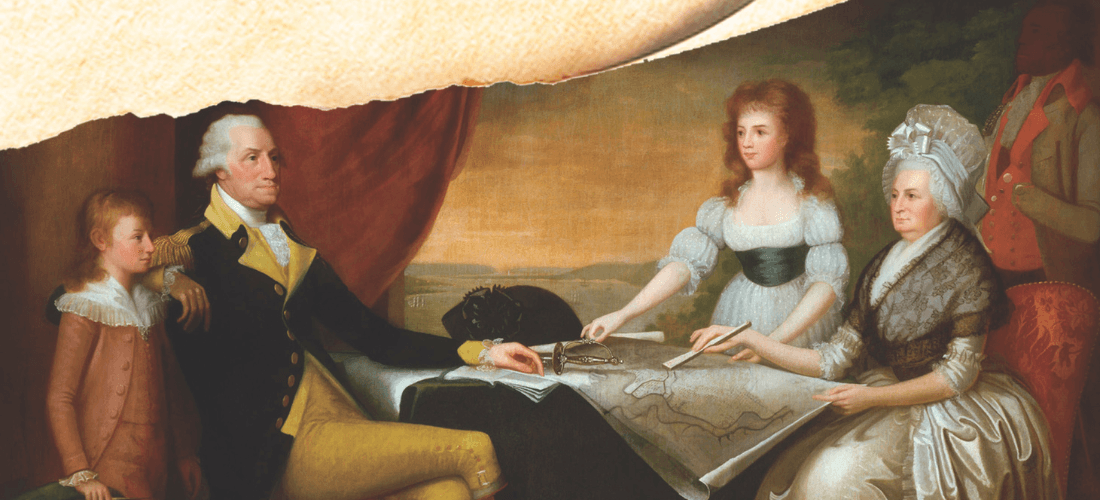First Family: George Washington's Heirs & the Making of America

MHS Event
Cassandra Good, Marymount University, in conversation with Sara Georgini, MHS
Presented in partnership with American Ancestors’ American Inspiration author series.
This is a virtual program.
While it's widely known in America that George and Martha Washington never had children of their own, few are aware that they raised numerous children together. In First Family, we see Washington as a father figure, and also meet the children he helped to raise. The children of Martha Washington's son by her first marriage—Eliza, Patty, Nelly and Wash Custis—were born into life in the public eye. Raised in the country's first "first family," they remained well-known not only as Washington's family, but also as keepers of his legacy throughout their lives. First Family brings new focus and attention to this neglected aspect of George Washington's life and legacy. As the country grapples with concerns about political dynasties and the public role of presidential families, the saga of Washington's family offers a human story of historical precedent.
Online Event
The virtual program begins at 6:00 PM and will be hosted on the video conference platform, Zoom. Registrants will receive a confirmation message with attendance information.
